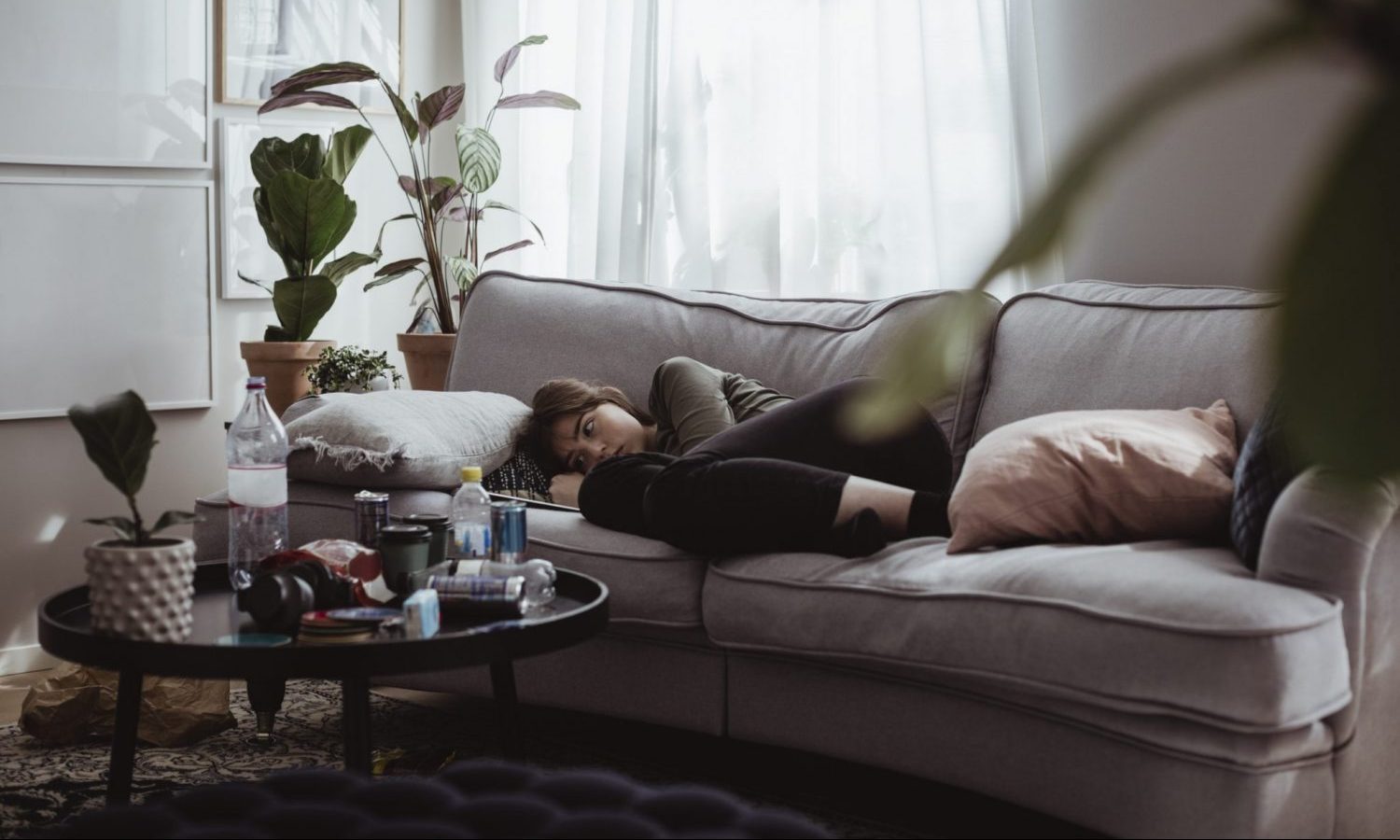
New study confirms claims that cannabis can reduce anxiety and depression
By Natan Ponieman
Cannabis is commonly known as a mood enhancer and an anxiety-reducing substance. However, the plant notoriously lacks clinical research to allow its safe and correct use in certain psychiatric disorders such as anxiety and depression. A new study published last month sheds light on the plant’s therapeutic potential.
While a bipartisan group of federal lawmakers recently tabled a bill to remove state barriers to conducting marijuana research, researchers have found creative ways to study the plant’s effects on the general population through observational studies.
Photo by Kilito Chan / Getty Images
The study, published in the journal Frontiers In Psychiatry, found that the use of medical cannabis was associated with lower levels of self-assessment of depression and lower levels of anxiety in adults. The research was carried out by Johns Hopkins University in partnership with the Realm of Caring Foundation.
An observational study of the effects of cannabis on anxiety and depression
The research team conducted an observational study in which 538 participants over the age of 18 completed a series of surveys about their cannabis use and associated symptoms.
All participants in the study had reported anxiety or depression disorders, including major depressive disorder, postpartum depression, dysthymia, premenstrual dysphoric disorder, seasonal affective disorder, generalized anxiety disorder, panic disorder, social anxiety disorder, or agoraphobia.
Out of the total, 368 participants said they currently use medicinal cannabis products, while the remaining 170 were considering using medicinal cannabis but had not yet started. The latter group was used as a control group.
The surveys included validated self-reported questionnaires and investigator-developed health outcomes measures.
RELATED: Could CBD Treat Anxiety Symptoms Better Than Traditional Marijuana?
Cannabis use was analyzed by specifying the product type (dried flower, hemp extract oil, etc.), chemotype (THC dominant, CBD dominant and balanced THC: CBD ratio), the dosage regimen and the route of administration.
The result? “Medical cannabis use was associated with lower levels of self-reported depression,” the study said. Medical cannabis users also reported better sleep, better quality of life, and less pain on average.
Photo by Joshua Rawson-Harris via Unsplash
Users who initiated medical cannabis treatment during the follow-up period reported having significantly less anxiety and depressive symptoms – an effect not seen in patients in the control group who had never started cannabis use.
The study concluded that medical cannabis use may reduce anxiety and depressive symptoms in clinically anxious and depressed populations.
RELATED: How Cannabinoids Inhibit Anxiety
Because the study was based on self-reported data, future placebo-controlled studies will be needed to replicate these results and determine the route of administration, dose, and properties of the product formulation to optimize clinical outcomes, the paper concluded.
The study population was also not universal; it consisted mainly of Caucasian female adults. Researching a wider sample of the population is also crucial to better understanding the effects of cannabinoids on these indications.
This article originally appeared on Benzinga and was republished with permission.


Post a comment: